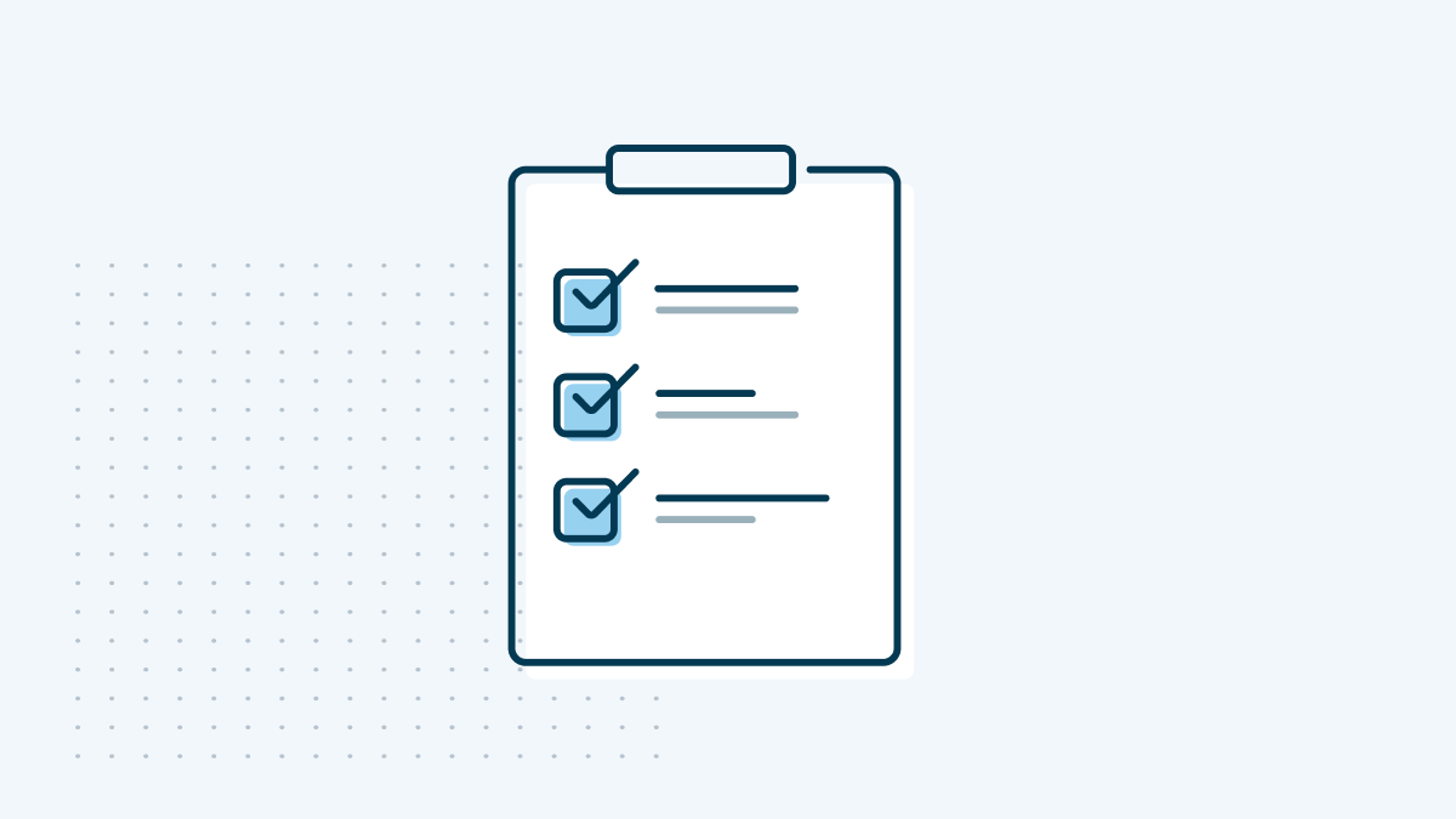Record Retention Guide for Employers

Time to get your house in order! That’s right, we’re talking about plan documents. For many businesses, December 31 marks the end of the year for their 401(k) or other retirement plans. Employers and savers will soon receive legally required year-end notices. Yet in the flurry of other year-end activities, businesses may forget that they, too, have fiduciary obligations to keep these documents.
Documents to Keep:
- Plan Documents – These include your Adoption Agreement, base plan document, IRS Advisory Letter, and any plan amendments. Make sure everything is signed and dated, especially the Adoption Agreement.
- Employee Disclosures – These include the Summary Plan Description (SPD), Summary of Material Modification (SMM), and all fee disclosures.
- Administrative Policies – This refers to documents such as the Loan Policy, QDRO Policy, and Investment Policy.
- Records of Corporate Meetings – Be sure to gather all resolutions, agendas, minutes, and documents distributed during the meetings.
- Plan Trust/Custodial Agreement – In addition to this agreement, include all contracts with plan service.
- Fidelity Bond – Employers can obtain a copy of the bond from their insurance.
- Employee Records File – Each file should contain deferral and investment election forms, beneficiary designation forms, distribution requests, loan and hardship requests, and the QDRO and QDRO split information.
- Plan Year Records – Create a file with plan transaction information for the plan year, annual nondiscrimination testing, all notices provided to savers, Form 5500, and the Summary Annual Report.
How Long Should I Keep Everything?
All 401(k) plan records must be kept for at least six years after the Form 5500 is filed. Records necessary to an employee's claim for plan benefits must be kept for “as long as a possibility exists that they might be relevant to a determination of the benefit entitlements of a participant or beneficiary,” which can mean indefinitely.